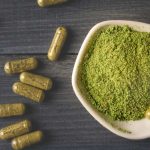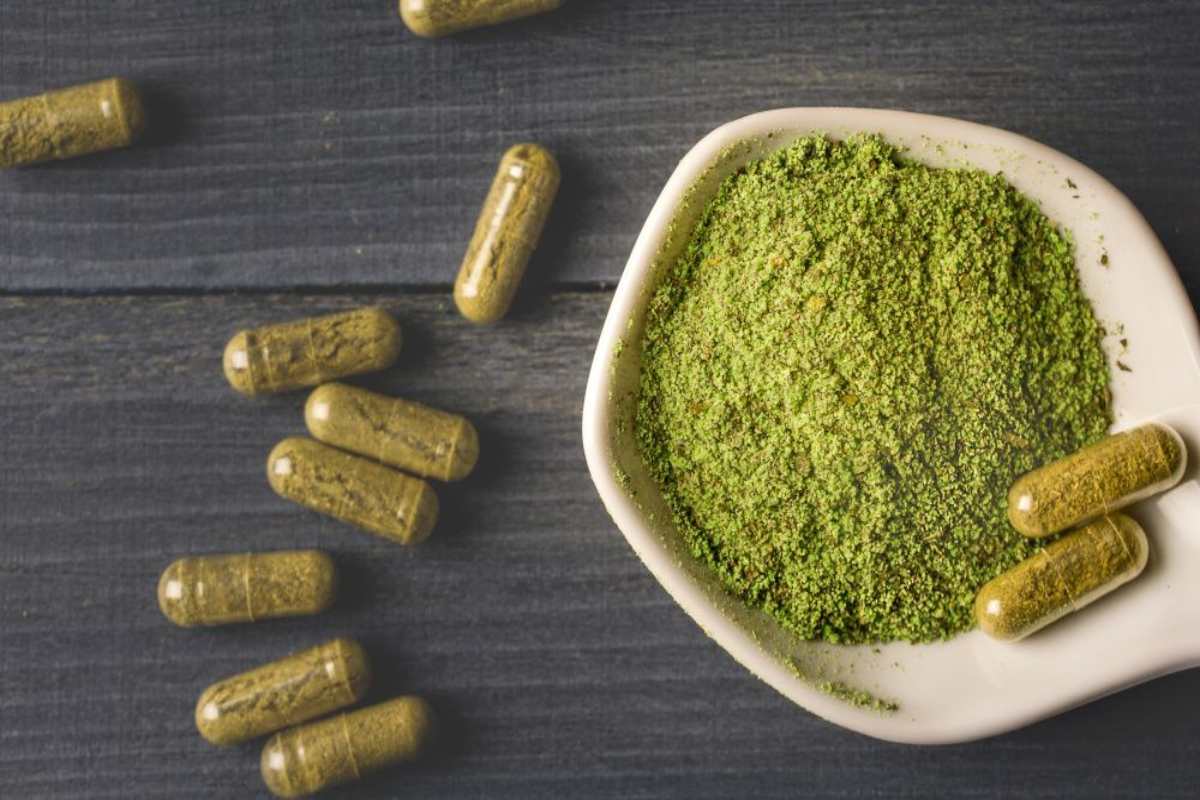Introduction
Some tea for headaches, such as chamomile tea or peppermint tea, contain substances with sedative, pain-relieving, or anti-inflammatory properties. Tea is a great home remedy for headaches or migraines, especially if they are caused by stress, anxiety, or the consumption of stimulating drinks such as coffee or black tea.
In addition to tea, there are other ways to control headache symptoms, such as keeping a balanced diet, massaging the scalp, and ensuring a good night’s rest.
The use of tea as a home remedy should not replace the medical treatment given by your doctor. They should only be used as a supplement to control headaches. Headaches that are very severe or frequent should be evaluated by a neurologist, so an underlying cause can be known for the best treatment plan implemented.
Types of Headaches
Basically, there are many types of headaches.
Tension Headaches
The tension headaches cause mild to medium pain and tend to affect both sides of the head.
Migraines Headaches
The Migraines Headaches cause moderate to severe pain, often only on one side of the head. There are many types of headaches that can occur.
Regardless of the type of headache you have, drinking a hot cup of tea can ease the annoying throbbing pain in your head. Find relief with these 6 herbal teas for headaches.
Tea for Headaches
Ginger Tea
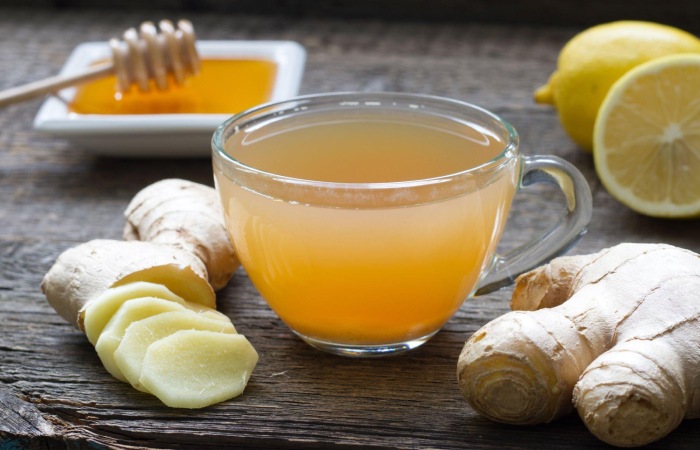
Ginger is one of the mostly used culinary spices that offers a wide variety of health benefits. It contains powerful antioxidants that help reduce inflammation that can lead to headaches.
Trusted Source, found that consuming ginger powder was almost as effective at treating migraines as taking a dose of sumatriptan, a common migraine medication
Safety: Ginger tea is generally safe for pregnant women too. Even so, it is best to speak to your doctor first if you are pregnant or breastfeeding to be sure. You should also speak to your doctor before consuming ginger tea if you have a gallbladder or are taking blood thinners.It is Tea for Headaches
Peppermint Tea
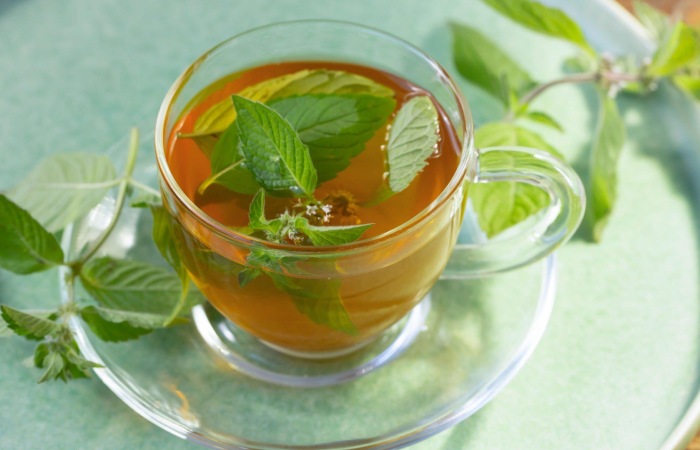
According to the trusted source at the National Institutes of Health, there is evidence that topical application of peppermint oil to the forehead can relieve tension headaches.
Medicinal peppermint oil usually much stronger than peppermint tea. You can also buy suya pepper online as it has health benefits too.
Safety: Mint tea is generally safe for most people and has no side effects.
Willow Bark Tea
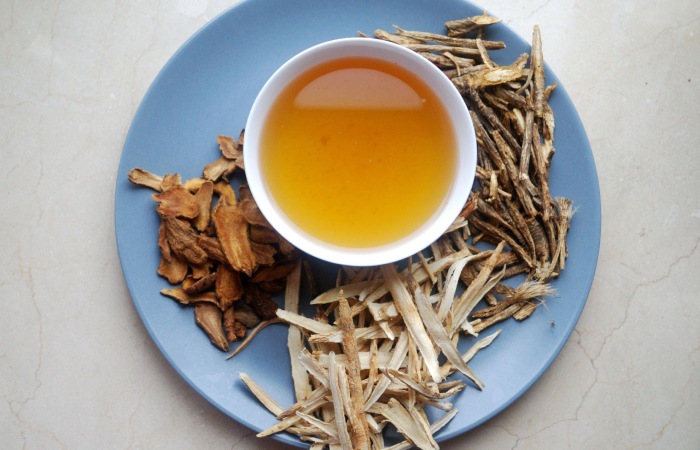
Willow bark used to treat pain and inflammation for thousands of years. The Willow bark, the bark of a wide variety of willow trees, contains an active ingredient called silicon. Silicon is chemically similar to aspirin.
Safety: Willow bark is similar to aspirin that you shouldn’t consume aspirin if you cannot take aspirin. Children, breastfeeding or pregnant women, and people who take blood thinners should also avoid willow bark.
Clove Tea
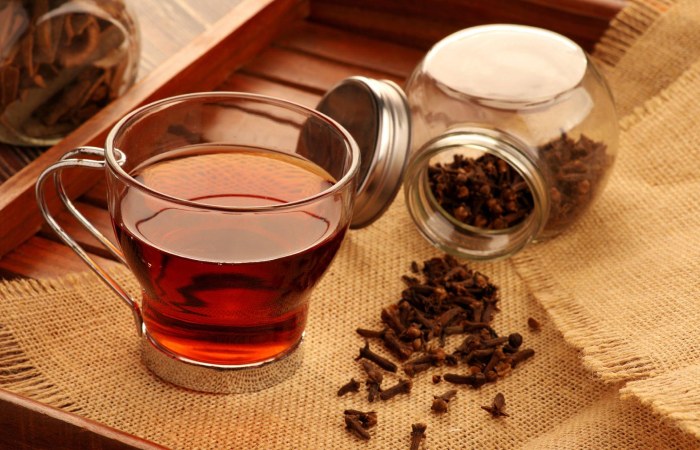
Clove is a valuable spice, originates from Indonesia and is grown all over the world. It used to treat various types of pain, including headaches, for centuries. This is possible due to its antinociceptive properties. Antinociceptives help block or decrease the perception of pain.
Safety: Cloves contain chemicals that can affect their ability to heal. Therefore, speak to your doctor if you are taking blood thinners or have had an operation before consuming clove tea.
Feverfew Tea
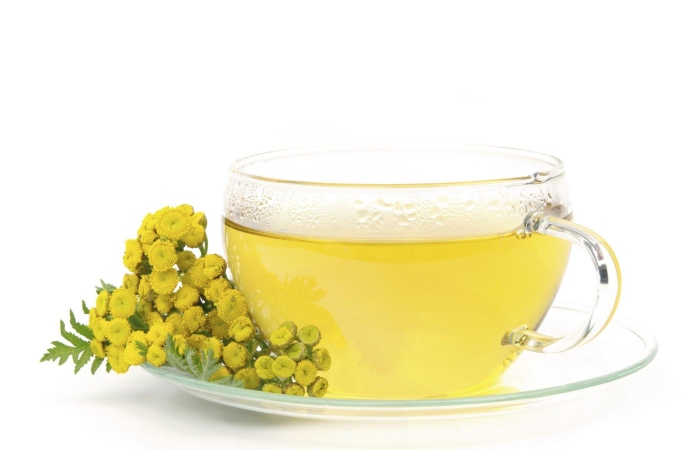
Feverfew is herb with a long history of medicinal use. Many studies have looked at the use of feverfew in the treatment of migraine headaches. In addition to treating general headaches, feverfew can even help prevent migraines.
Safety: Feverfew tea can sometimes cause mouth irritation. In this case, try using more water and fewer leaves. Do not drink feverfew tea during pregnancy, as it can cause labor.
Camomile Tea
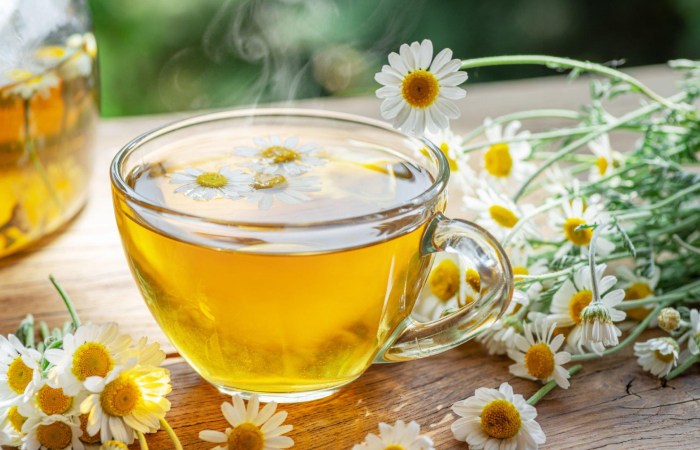
Chamomile tea widely used to treat insomnia and anxiety. While there is no research conclusively linking chamomile tea with treating headaches, its relaxing effects may help with tension headaches.
Safety: Consuming chamomile can cause allergic reactions if you are also allergic to ragweed, chrysanthemum, marigold, or a daisy. You should speak to your doctor ere drinking chamomile tea if you take blood thinners or anti-rejection medications for an organ transplant.
Conclusion
Headaches can be a real pain, especially when they don’t respond to common treatments. The next time you feel someone approaching, try brewing one of these herbal teas to soothe it.
Just taking a moment to stop and rest with these soothing teas could be enough to prevent headaches from developing. If you don’t drink tea regularly, most of these herbs are also available as dietary supplements. However, it would help if you spoke to your doctor before adding any new herbal supplements.









